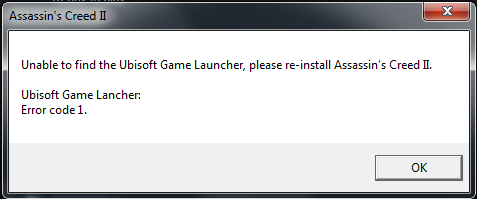While reading Stuff.co.nz’s Game Junkie Blog Gerard Campbell
was writing about his experiences playing the Beta of the upcoming Sim City (http://www.stuff.co.nz/technology/blogs/game-junkie/8232089/Becoming-God-playing-the-SimCity-beta).
One of the main issues he brought up was how the implementation of always on
DRM (Digital rights management) detracted
from the game play. Although the game is still in Beta testing and the DRM is
probably not complete Campbell was annoyed at how if he lost Internet
connection for just a second the game kicked him out and he lost his game
progress. I don’t doubt that this issue will be smoothed out by the time the
game ships.
 However, it does bring up some interesting points about how
gamers rights. In the lectures we have discussed about how when purchasing a
game the buyer actually only has the right of access to the content not the actual
content. The implementation of DRM has been increasing over the years and is
intended to prevent the unauthorised tampering or access to the game itself.
The game publishers claim this is to prevent piracy (aka the actual cancer
killing the gaming industry) however it is really just an effort to exercise
control over their content. There has been a huge backlash against DRM in every
game that it has been used on. With gamers complaining about not being able
access the game that they have paid for with key examples being the Assassins
Creed series, or actually anything from Ubisoft has really intense DRM. I have
experienced the irony of buying a new game only to not be able to play it
because my Internet connection is a bit shoddy so I am biased towards the side
of anti-DRM but only on the grounds that we have paid for the access to this
content. So if the gaming publishers do need to implement a safe guard against
piracy that’s fine but if they are, even accidentally, impeding access to game
then they are in violation of the terms of agreement.
However, it does bring up some interesting points about how
gamers rights. In the lectures we have discussed about how when purchasing a
game the buyer actually only has the right of access to the content not the actual
content. The implementation of DRM has been increasing over the years and is
intended to prevent the unauthorised tampering or access to the game itself.
The game publishers claim this is to prevent piracy (aka the actual cancer
killing the gaming industry) however it is really just an effort to exercise
control over their content. There has been a huge backlash against DRM in every
game that it has been used on. With gamers complaining about not being able
access the game that they have paid for with key examples being the Assassins
Creed series, or actually anything from Ubisoft has really intense DRM. I have
experienced the irony of buying a new game only to not be able to play it
because my Internet connection is a bit shoddy so I am biased towards the side
of anti-DRM but only on the grounds that we have paid for the access to this
content. So if the gaming publishers do need to implement a safe guard against
piracy that’s fine but if they are, even accidentally, impeding access to game
then they are in violation of the terms of agreement.
So what are some alternatives? Well the steam network does
use DRM but it does not require constant Internet connection so it is better
than the Ubisoft iron grip but it can present some issues with cross platform
games not working and is limited by the third parties that publish the games. The
main alternative the will reduce piracy is to make downloads ‘easy and cheap’.
Most DRM coupled with the price actually puts people off buying digital content
so alternatives such as subscription based cloud storage sites or Good Old
Games (http://www.gog.com/) which offer ease of download, low price, and
are DRM free thrive in comparison to the publishing monoliths who demand huge
profit margins. So while gamers will have to coned that they do not actually own
the game to do with what they like game publishers will have to compromise and implement
a system that will reduce piracy and will not infringe on the consumers rights
to the product.

No comments:
Post a Comment
Note: Only a member of this blog may post a comment.